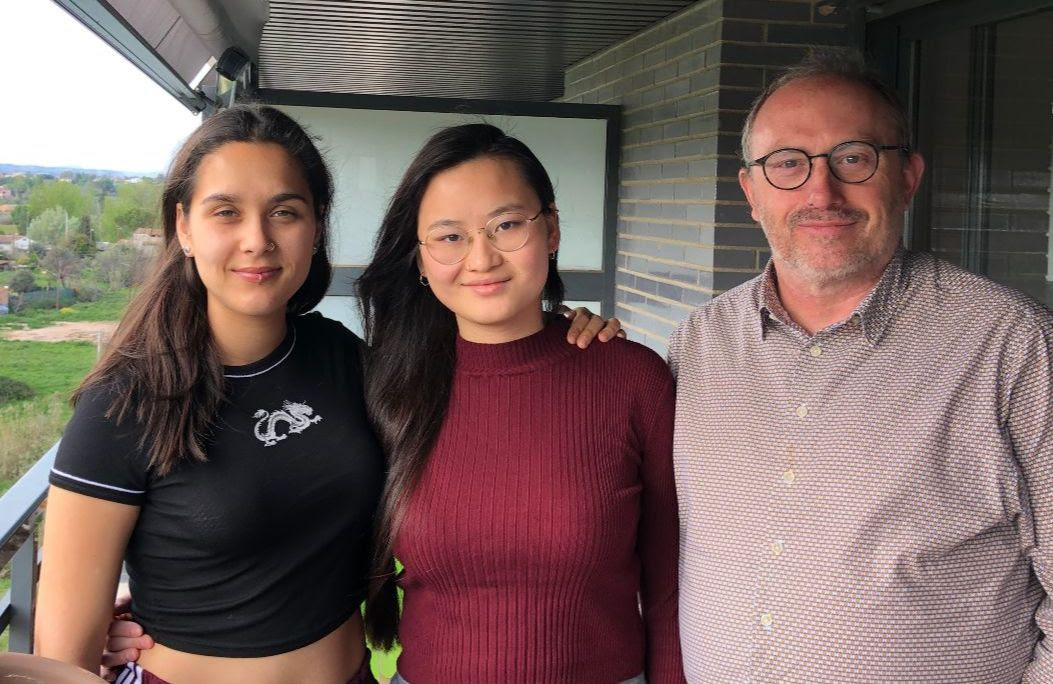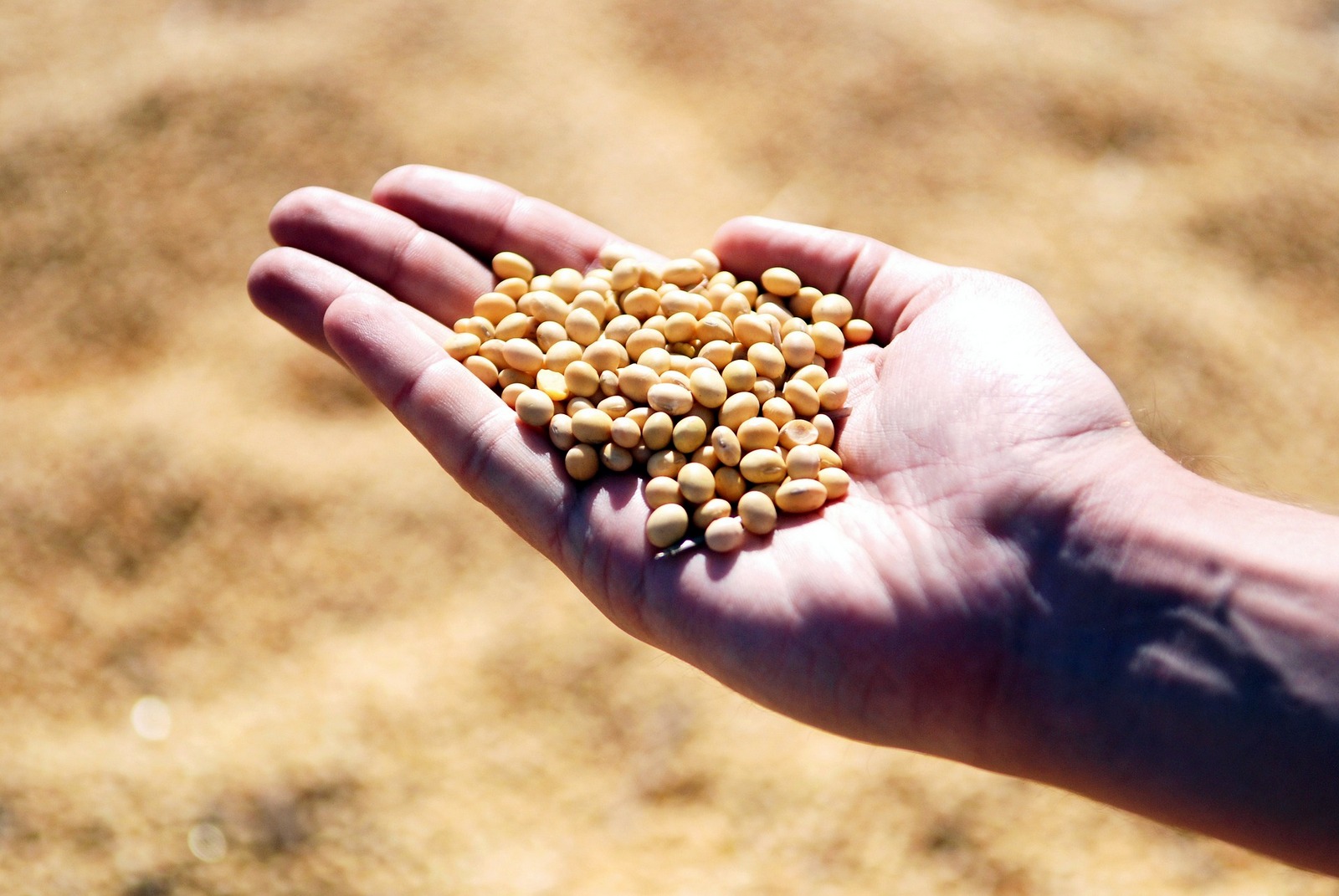Adolescents confinats: de la cultura de l'habitació a la cibercultura
Concebut com a un InstantBook o obra creada responent a una conjuntura d'actualitat, Carlos Feixa, catedràtic del Departament de Comunicació, ha publicat un llibre que conté el «Diari d'una adolescent en captivitat» escrit i il·lustrat per dos adolescents, Aroa Méndez i Xao Feixa.
Concebut com a un InstantBook, Adolescents confinats (Barcelona, NED edicions, 2020) és una obra de Carlos Feixa, catedràtic del Departament de Comunicació de la UPF que, responent a una conjuntura d'actualitat, conté el «Diari d'una adolescent en captivitat» escrit i il·lustrat per dos adolescents, Aroa Méndez i Xao Feixa.
"Aquest llibre sorgeix d'un fil de Twitter escrit el dilluns 16 de març de 2020, el primer dia del confinament obligatori a casa a causa del coronavirus COVID-19, quan vaig respondre a la invitació de l'antropòleg Alberto Corsín a dialogar sobre l'efecte del confinament entre els adolescents", explica Feixa.
El llibre es concep com anti-llibre d'ajuda per a pares i mares desorientats i per a adolescents confinats
L'obra convida a reflexionar sobre la metamorfosi del concepte d'adolescència en l'era digital, fins arribar al que "anomenem era viral, en el doble sentit de transmissió veloç de les informacions i d'exposició al coronavirus", indica Feixa.
Enfront de la societat viral, els adolescents contemporanis -anomenats com a Generació Blockchain per Carles Feixa- s'enfronten al confinament amb les habilitats apreses en la cultura juvenil: de la cultura de l'habitació a la cibercultura. El llibre es concep com anti-llibre d'ajuda per a pares i mares desorientats i per a adolescents confinats.
Proposa convertir aquest temps d'obligada reclusió i convivència intergeneracional en un temps per repensar l'adolescència
"El repte és fer de la necessitat virtut: convertir aquest temps d'obligada reclusió i convivència intergeneracional en un temps per repensar l'adolescència -o millor dit, per repensar el paper dels i les adolescents en societats bipolars: de vegades juvenofíliques (idealització del ser jove) i en altres ocasions juvenofóbiques (estigmatització dels i les joves). Es tracta d'aprofitar per aprendre els uns dels altres", afirma Feixa.
Adolescents confinats conté el «Diari d'una adolescent en captivitat» escrit i il·lustrat per dos adolescents, Aroa Méndez i Xao Feixa. Concebut com a un InstantBook o obra creada responent a una conjuntura d'actualitat, de moment està només disponible en versió digital.

Carles FEIXA Pàmpols, (Lleida, 1962), és antropòleg, juvenólogo i pare. Entre els seus llibres podem destacar De la Generación@ a la # Generación (2014) i El Rey. Diario de un Latin King, juntament amb César Andrade (2020). Dirigeix la col·lecció «Biblioteca d'Infància i Joventut» de Ned Edicions i li agrada llegir.
Aroa MÉNDEZ SANZ (Lleida, 2001), estudia segon de Batxillerat a l'Institut Màrius Torres de Lleida i li agrada escriure.
Xao FEIXA INIESTA, (Shaoyang, Xina, 2002) estudia segon de Batxillerat a l'Institut Màrius Torres de Lleida i li agrada dibuixar.
Obra de referència:
Carles Feixa, Aroa Méndez Sans, Xao Feixa Iniesta (2020), Adolescents confinats, NED edicions, ISBN: 9788416737994, 188 pàgines. https://youtu.be/jHZqaa3BJjM
Multimedia
Profiles of the protagonists:
SDG - Sustainable Development Goals:
Els ODS a la UPFContact
Related Assets
It is doubtful that soy products and supplements ease the symptoms of the menopause
A new evaluation by Nutrimedia, a project of the Science Communication Observatory in collaboration with the Cochrane Iberoamerican Center, highlights the lack of reliable scientific data to affirm that the consumption of soy products effectively relieves hot flushes and other symptoms associated with the menopause.
A new evaluation by Nutrimedia, a project of the Science Communication Observatory (OCC) of the Department of Communication at UPF , in collaboration with the Cochrane Iberoamerican Center (CCIB), highlights the lack of reliable scientific data to affirm that the consumption of soy products effectively relieves hot flushes and other symptoms associated with the menopause. The analysis of the extensive research available on the effects of the consumption of soy plant oestrogens to alleviate menopausal hormonal deficit and reduce its symptoms has determined that the effectiveness of these products is unsure. This means that more, better quality studies are needed to find out whether these dietary supplements work or not. The Nutrimedia analyses establish five degrees of certainty about messages concerning food and health: true, probably true, probably false, fake and unsure.

Despite the widespread idea that the consumption of soy and its derivatives mitigates the symptoms of the menopause, the message is considered unsure because the scientific evidence available shows that phytoestrogens (such as soy isoflavones) do not have any appreciable effect on hot flushes or, in any case, it is minimal; in addition, the confidence merited by the results of the investigations is very low, according to the evaluation of the available evidence undertaken by researchers at Nutrimedia. The same is true of the data available regarding vaginal and cognitive symptoms (memory impairment, etc.). Therefore, it can only be concluded that relief from the symptoms of menopause with the consumption of soy products and supplements is, today at any rate, doubtful.
Menopause and hormonal treatment
In the 1990s, hormone replacement therapy (HRT) was widely recommended for the treatment of the symptoms associated with the menopause, until it was observed that, for the benefits it provided, it involved too many risks for the health (thromboembolisms, stroke, several types of cancer, cognitive impairment, etc.). Now, when this therapy is administered far more cautiously and in a personalized manner, hope has shifted towards non-pharmacological treatment on the basis of phytoestrogens (plant oestrogens) of soybeans and derived products. The phytoestrogens found in soy are isoflavones, with a very similar structure to the oestrogen produced by the body. These compounds appear to exert an estrogenic or an anti-oestrogenic effect depending on the level of oestrogen in the blood (anti-oestrogenic when the plasma oestrogen level is high, estrogenic when it is low).
The menopause begins after 12 months without menstruating. In this new phase, the ovaries cease to produce egg cells and the production of female hormones (oestrogen and progestogen) decreases, which is associated with the end of women’s reproductive life. As a result of these changes, some women may present a variety of symptoms or health problems that can affect their quality of life: hot flushes affect 50-82% of women, while vaginal symptoms such as dryness or pain during intercourse (associated with vaginal atrophy) affect 47%. There are other symptoms such as sleep disturbance, memory loss, anxiety, depression or reduced sexual desire, among others, that have not been proved to be related with the menopause.
To view the technical report: https://tinyurl.com/yclzvl6a


